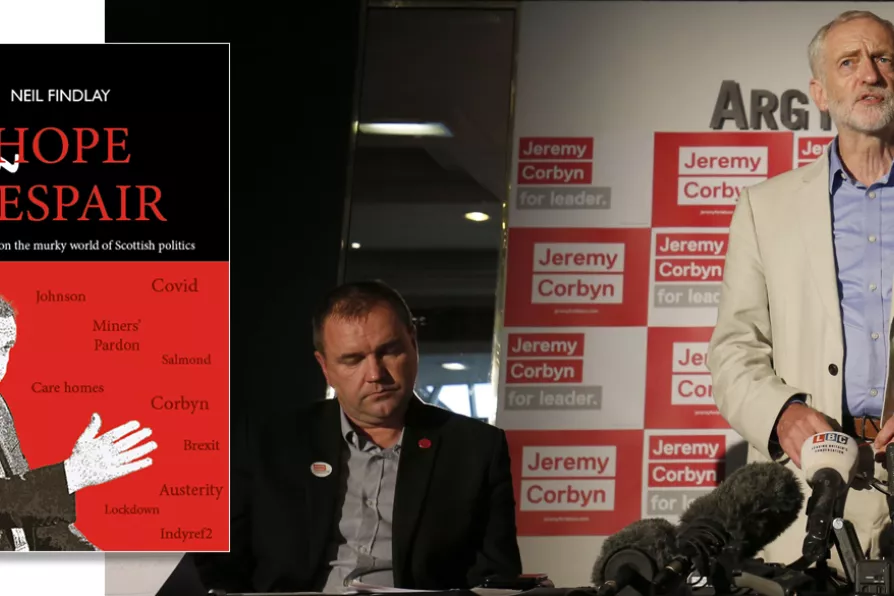JOHN GREEN, MARIA DUARTE and ANGUS REID review Fukushima: A Nuclear Nightmare, Man on the Run, If I Had Legs I’d Kick You, and Cold Storage

 Jeremy Corbyn with Neil Findlay MSP during a rally at Glasgow's Crowne Plaza Hotel, where the impact of a Corbyn led Labour Government on Scotland was discussed
Jeremy Corbyn with Neil Findlay MSP during a rally at Glasgow's Crowne Plaza Hotel, where the impact of a Corbyn led Labour Government on Scotland was discussed
Hope and Despair: Lifting the Lid on the Murky World of Scottish Politics
Neil Findlay, Luath Press £14.99
THIS is the second volume of Neil Findlay’s account of his 10 years in the Scottish Parliament. It provides a brutal exposure of Scottish politics from 2017 to the present.
The years of hope were those between 2017 and 2020. Jeremy Corbyn’s manifesto provided a programme for working class empowerment which transformed the perspectives of the Labour movement in Scotland.
The last two years, 2020-21, were those of despair. Corbyn and, in Scotland, Richard Leonard were despatched — and Labour’s new leaders made it clear they would move back towards the politics of New Labour. Then, at the same time as Covid exposed the fatal flaws in both Scotland’s social fabric and its current political institutions, the SNP imploded.

On the release of her memoir that reveals everything except politics, Sturgeon’s endless media coverage has focused on her panic attacks, sexuality and personal tragedies while ignoring her government’s many failures, writes PAULINE BRYAN

From the ‘marketisation’ of care services to the closure of cultural venues and criminalisation of youth, a new Red Paper reveals how austerity has weakened communities and disproportionately harmed the most vulnerable, write PAULINE BRYAN and VINCE MILLS











